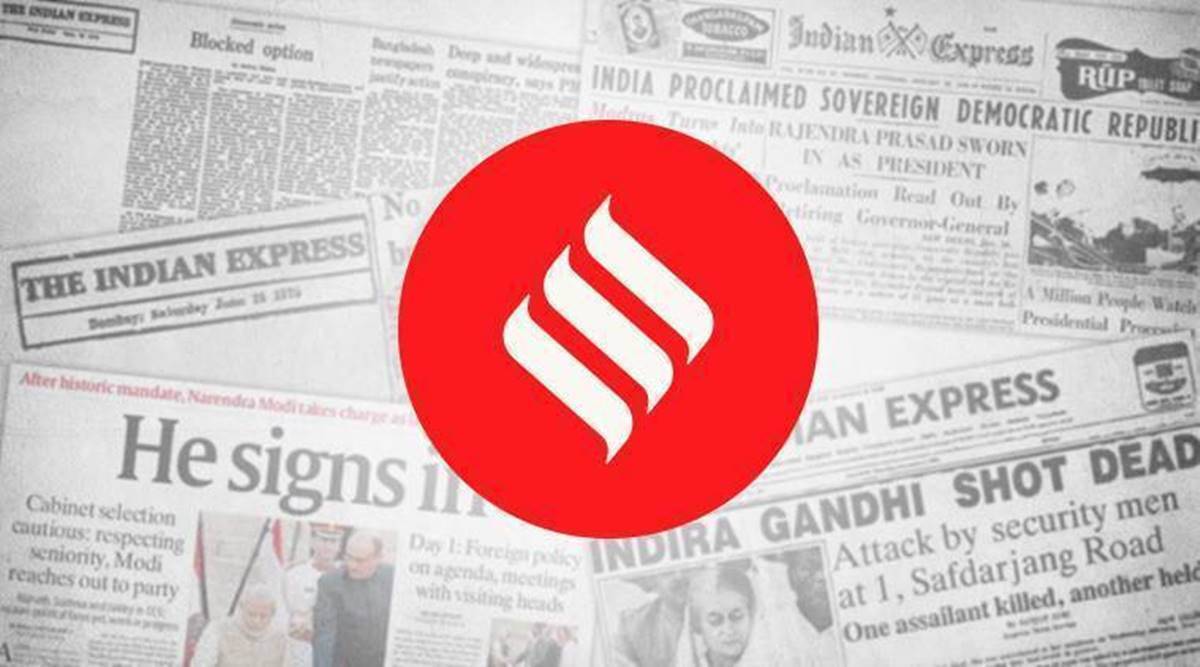 With the festival season spike beginning to strain the city’s medical facilities, the ad hocism of the Delhi government’s initial response to the pandemic seems to be resurfacing.
With the festival season spike beginning to strain the city’s medical facilities, the ad hocism of the Delhi government’s initial response to the pandemic seems to be resurfacing.On Tuesday, Delhi recorded more than 6,700 new COVID-19 cases — the city’s highest infection surge during the pandemic. It took less than 24 hours for the capital to surpass this sobering record. The dip in cases was only marginal on Thursday, when the contagion claimed more than 60 lives. The city has been reporting in excess of 5,000 cases for more than a week. The Delhi government has attributed the surge to people letting down their guard during the festive season. Links have also been drawn with the worsening pollution situation. Such reasoning cannot be discounted, but the Delhi government has also let itself down by the failure to correct glitches in its anti-COVID strategy in the past two months.
Delhi checked the alarming proportions assumed by the disease in May and June through a combination of methods that included bolstering medical infrastructure, an effective home care system facilitated by government supplies of oximeters to COVID-affected families and a marked increase in the number of tests. The Delhi government has preferred the less expensive and quick result-yielding antigen tests to the much more complex swab method. This appeared a reasonable strategy given the pandemic situation of five months ago. Experts, however, have cautioned against a long-term reliance on antigen tests. Studies have underlined that the antigen method could be wrong by as much as 50 per cent in reporting negative cases. That is why the ICMR advises follow-up tests on individuals who display COVID symptoms even though their antigen test reports are negative. By all accounts, the Delhi government has not followed this advisory meticulously. Basking in the complacency induced by the appreciable fall in the case count between July and September, the Delhi government resisted prodding by a range of authorities, including the High Court, to rely overwhelmingly on the antigen method — the swab process contributes only 23 per cent of the total tests in the capital.
With the festival season spike beginning to strain the city’s medical facilities, the ad hocism of the Delhi government’s initial response to the pandemic seems to be resurfacing. It has reportedly talked about moving the Supreme Court to vacate the High Court’s September stay on an order reserving 80 per cent COVID ICU beds in 33 private hospitals for people of Delhi. The Delhi government would do well to revisit the city’s experiences of the not-too-recent past, and course correct — instead of resorting to blunt instruments.